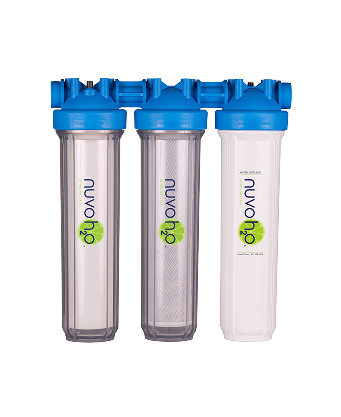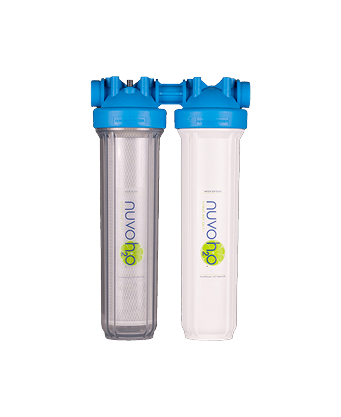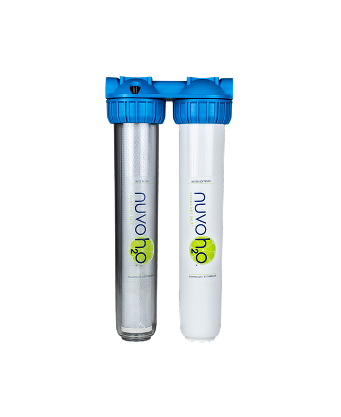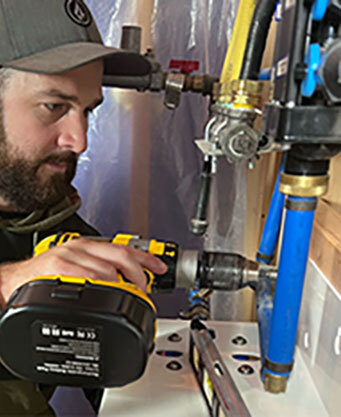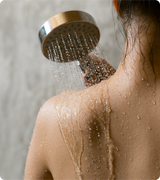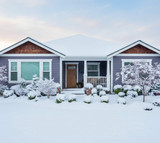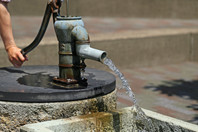
What is Water Poverty?
Posted by Tait Washburn on 15th Mar 2022
We love our water, and many of us go to great lengths to keep it clean, healthy, and readily available in our homes. It is sometimes easy to take that access to clean water for granted, so for this year’s World Water Day, we here at NuvoH2O wanted to spread awareness on the water poverty issues that exist here in the United States and even in our own communities.
A lack of access to clean water for drinking and sanitation can be a huge factor for our physical and mental health, and a major indicator of how well we will do in life. Even those of us that don’t suffer from water poverty are affected by it, as a lack of access to clean water causes more sickness, which can fill up hospitals and make it harder to fight a public health crisis such as Covid-19. Understanding what water poverty is and what causes it can both help us understand what we can do to end it, help us all be healthier and happier, as well as give us a new appreciation for the easy access we have to water on a daily basis.
What is Water Poverty?
Water poverty is when a country or community cannot provide easy access to clean water for consumption and sanitation purposes, and despite what you might think, the United States has many communities that suffer water poverty for one reason or another.
According to DigDeep, an organization fighting water poverty, over 2.2 million people in the United States suffer from water poverty, with nearly half of that number suffering from unsafe drinking water. Many of us might remember the water issues of Flint, Michigan, which took two years to be fixed. But in contrast to Flint, a small city with struggling finances, some of the largest cities in the United States have the highest shares of water poverty. San Francisco has nearly 1% of water poverty in the country, followed by Portland, Milwaukee, San Antonio, and Austin.
Even outside of issues with having clean water, there are a surprising number of homes without full plumbing in the United States as well. Studies done in 2017 found that 1.1million people in America had insecure water access, with nearly half of those people living in the 50 largest U.S. cities. And that number has only grown since, with DigDeep placing that number closer to 1.4 million now.
In either case, the lack of clean water or a lack of consistent water access overall, the biggest indication of water poverty is financial poverty. Homelessness is a large factor in the increase of water poverty, but even amongst housed people, there are issues with water access in both urban and rural areas. Low household income, especially amongst renters or in rural areas, is a key factor to having inconsistent or no access to water in the United States. Simply put, not having the financial ability to fix your plumbing, pay for utilities, or confront elected officials about poor water access is the main cause of water poverty.
What to do about Water Poverty
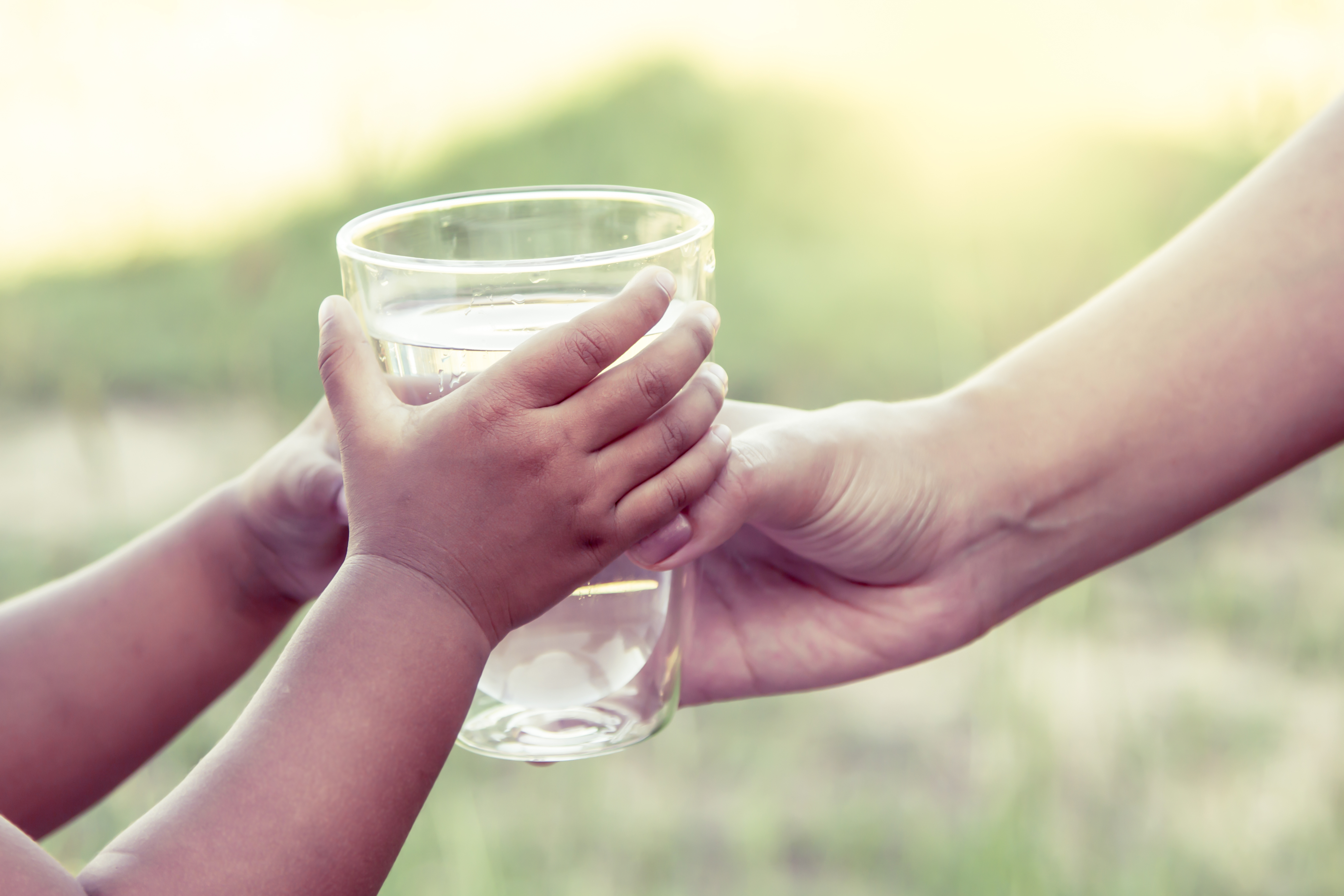
With such a large, widely unacknowledged issue, it may seem like a daunting task to tackle. However, organizations like DigDeep have a game plan for solving it. The 4 major points to their plan: Community-led solutions, collecting data from those communities to inform our future actions, mobilizing volunteers and communities to fix the problem, and building an ecosystem of change with a highly diverse, sustainable movement. Each of these elements is focused on targeting and fixing the unique water access issues of a community and providing solutions that will work with them. However, our individual actions towards achieving this goal might be a bit harder to imagine.
One of the best things we can do individually is to raise awareness of the issue! It’s hard for organizations like DigDeep to get funding or volunteers without people who know and care about the issue. Social Media challenges like the #4liters challenge could be used to highlight the hardships of having to live on minimal water that has to be collected by hand. Promoting charity organizations that work on solving water poverty can also be helpful, as is bringing these issues to the attention of our city, county, and state governments through meetings, letters, and activism.
And of course, donating our time and money to projects and organizations can empower them to take more direct and meaningful action against water poverty than we could ever accomplish on our own.
NuvoH2O fighting Water Poverty
We believe in providing the best water to the most people possible. To that end, we are proud to announce our own donation drive towards ending water poverty in our own backyard. Not far from the NuvoH2O offices near Ogden, Utah, the Navajo Nation suffers greatly from Water Poverty. More than 30% of Navajo Nation families don’t have a tap or toilet water in the home.
NuvoH2O is happy to announce that until World Water Day, Tuesday, March 22nd, the sales of new water softener systems that include a sign up for auto-ship will be donated to the DigDeep Navajo Water Project. Anyone who is considering buying a water softener, looking to replace an old salt-based system for something more eco-friendly, or considering upgrading their current NuvoH2O System should seriously consider buying one now to help combat water poverty and help a family in need.
We very often take for granted the immeasurable comfort and convenience of having clean, consistent running water in our homes. We don’t need to travel farther than our kitchen sink to have a drink of water, nor do we need to worry about how healthy our water might be for ourselves or our families every time we turn on the tap. We use it for cooking, cleaning, drinking, and bathing without a second thought. And above all, that access to water is and should be a human right granted to every human being. We, as Americans, can do so much more to provide clean water to every member of our communities and country. So join us, and the many wonderful people fighting water poverty here in the United States, and help make the world a better place.

